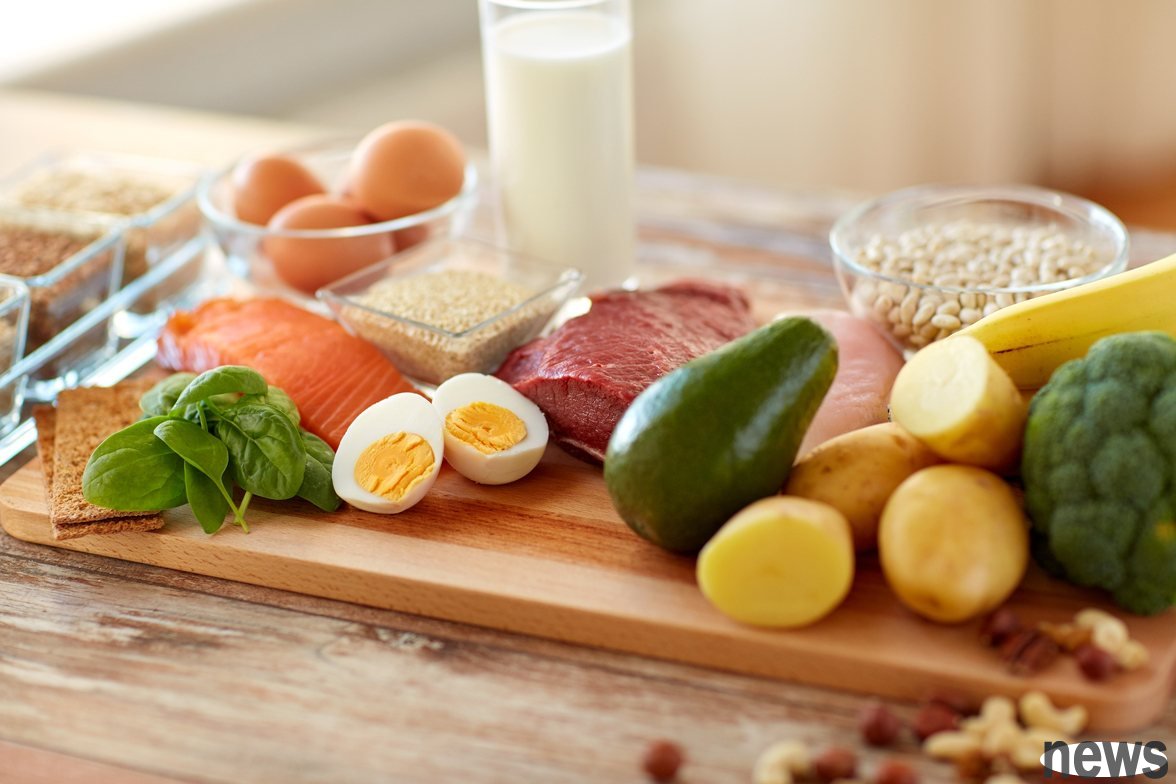With age, certain foods can enhance vitality and are also the key to preventing diseases. According to the online media HuffPost report, if you are looking for specific foods that can improve health, experts recommend choosing fish with high protein...

With age, certain foods can enhance vitality and are also the key to preventing diseases. According to the online media HuffPost report, if you are looking for specific foods that can improve health, experts recommend choosing fish with high protein quality. Kevin Cooke, a family medical scientist, pointed out that fish with more fatty fish, such as fish, are rich in two types of long-link Omega-3 polybasic and fatty acids, EPA and DHA; older people should eat them at least twice a week to increase Omega-3 intake, protect brain health and reduce inflammation.
Nutritionist Kimberly Gomer said that humans need protein to maintain muscle and strength, and healthy fats to supplement hormones and fat-soluble vitamins; as they grow older, muscles will naturally lose, "if you don't use it, you will lose it." She said that age increases will bring a lot of changes, becoming less active, lacking in exercise and the ability to maintain muscles; while all cells, including brain cells, need healthy fat to exert effects. If healthy fat is not available, problems will arise in the body and consciousness.
Nutritionist Edwina Clark said that if you don’t like fish, other high-quality protein-quality foods include peeled poultry, eggs and tofu, which is especially important for older people aged 65 and above. She pointed out that studies show that the optimal daily protein intake for older people is 1-1.2 grams (weight per kilogram), which is higher than the recommended amount of 0.8 grams for adults; any of the food mentioned above can help meet demand.
Other food choicesWith age, protein supplementation is absolutely correct and healthy fat, but Kuck said green leaves such as kale or spinach is also a wise choice, especially if you don’t eat too much. He said that green leaves vegetables are rich in leaf ginger, corn ginger and other antioxidants, and are also the main source of vitamin B groups such as leaf acid, ginger acid, riboglycin and vitamin B6, and are very important for healthy brain function.
Clark also recommends pomegranates. She said pomegranates are rich in antioxidants that can repair oxidative damage, and a compound called ellagitannins, which is converted into urolithin A in some humans by tract bacteria, which is shown to reduce the effects of aging, including muscle loss. In addition, pomegranates also have rich fibers, which help regulate blood sugar, promote foot sensation and prevent cancer of the brain.
Responsible editor: Gu Zihuan